 I met Bill on Facebook. He’s unique, pragmatic, wryly funny, and shares lots of mushroom pics amongst his politics. Oh yeah, he’s also a pretty talented writer. He’s always surprising me, in his books, online, and here in his interview. Read about his process and creativity; then read his books. You’re welcome.
I met Bill on Facebook. He’s unique, pragmatic, wryly funny, and shares lots of mushroom pics amongst his politics. Oh yeah, he’s also a pretty talented writer. He’s always surprising me, in his books, online, and here in his interview. Read about his process and creativity; then read his books. You’re welcome.
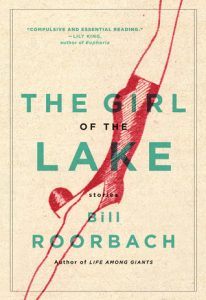
Tell me about your writing process—schedule, environment, strategies / techniques, inspirations material and abstract—and if this process differs based on genre / format (I know you write fiction and non-fiction, novels and short stories, essays and memoirs). Also, I think you’re a pantser, yes?
My process shifts from project to project and even within projects. Right now I’m working on a new novel and just finding small blocks of time to operate in, 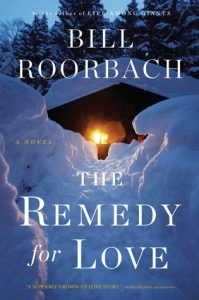 sometimes five or six a day, at any time, like waiting for my daughter at ballet class, just out in the car with the laptop tapping away. I do have a studio and when things get serious I sit out there with the skunks. I do a lot of daydreaming and side reading and more and more social media, unfortunately, or fortunately, I’m not sure which. Politics has clouded my brain, as well, but we can’t sit idly by. I had to look up pantser. I am not a pantser, but draft multiply and give myself all the time in the world.
sometimes five or six a day, at any time, like waiting for my daughter at ballet class, just out in the car with the laptop tapping away. I do have a studio and when things get serious I sit out there with the skunks. I do a lot of daydreaming and side reading and more and more social media, unfortunately, or fortunately, I’m not sure which. Politics has clouded my brain, as well, but we can’t sit idly by. I had to look up pantser. I am not a pantser, but draft multiply and give myself all the time in the world.
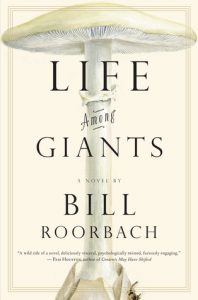
Walk me through your publishing process from final draft to final product, including who does what, how it differs for fiction and non-fiction, and what marketing you are expected to do as the author.
I hand in the draft, then start something new or return to something else in progress. Meanwhile, whatever editor reads it, usually too slowly for my taste, and comes back with notes. I attend to the notes fairly quickly when possible,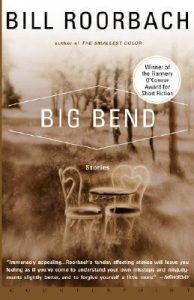 send the pages back in and return to the new project. Usually at that point the old project is accepted. Next come copyedits, possibly a legal reading, then first-pass galleys, second-pass galleys, all while a cover is being designed at the publisher’s, and jacket copy being written, a publicity campaign designed, book tour scheduled, all that stuff, which I have little to do with except approval or disapproval. The book comes out, the tour starts, I go on TV and radio, all the while finding those little blocks of time to work on the new project.
send the pages back in and return to the new project. Usually at that point the old project is accepted. Next come copyedits, possibly a legal reading, then first-pass galleys, second-pass galleys, all while a cover is being designed at the publisher’s, and jacket copy being written, a publicity campaign designed, book tour scheduled, all that stuff, which I have little to do with except approval or disapproval. The book comes out, the tour starts, I go on TV and radio, all the while finding those little blocks of time to work on the new project.
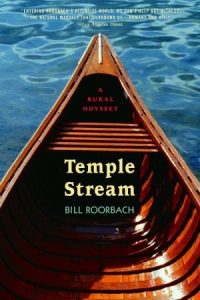
Describe your support system online and IRL; who are your biggest cheerleaders?
I don’t know if I have such a support system. I use social media to announce a new book. That helps. But the publicity department at publisher or magazine has the job of cheerleading, though I do wave my pom-poms.
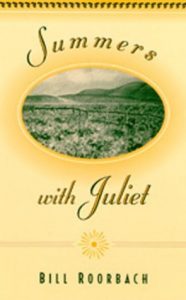 I too have an interesting background of employment (including llama care) giving me insight for specific storylines. How has your background prepared you for your writing career, and how does your life influence your art and vice versa?
I too have an interesting background of employment (including llama care) giving me insight for specific storylines. How has your background prepared you for your writing career, and how does your life influence your art and vice versa?
Experience is probably nine-tenths of the game when it comes to fiction. Nonfiction is the experience. I remember consciously living an interesting life back there in my twenties, and forgiving myself all sorts of wasted hours. I find I still want my life to be my art, and vice versa. But so much of life is sleeping, and so much more doing stuff you’d rather not.
 What do you love most about your creativity?
What do you love most about your creativity?
It’s nice to be able to do things, from building my houses to collecting mushrooms to napping properly. I want to be able to do everything I do reasonably well. This had led to a lot of hobbies, and as I get older, less and less time to pursue them. But in the end I’m hoping it all adds up to one big art project, my life.
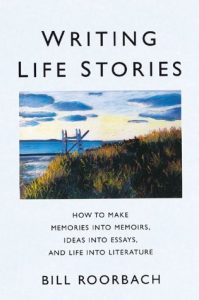
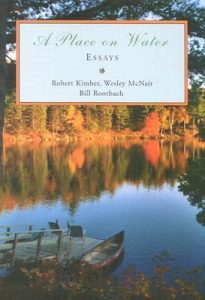
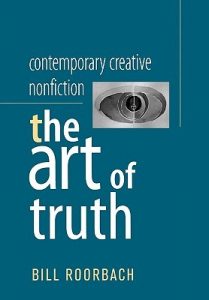
Connect with Bill:
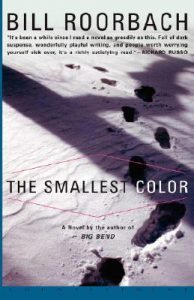 Website
Website
Blog
Amazon